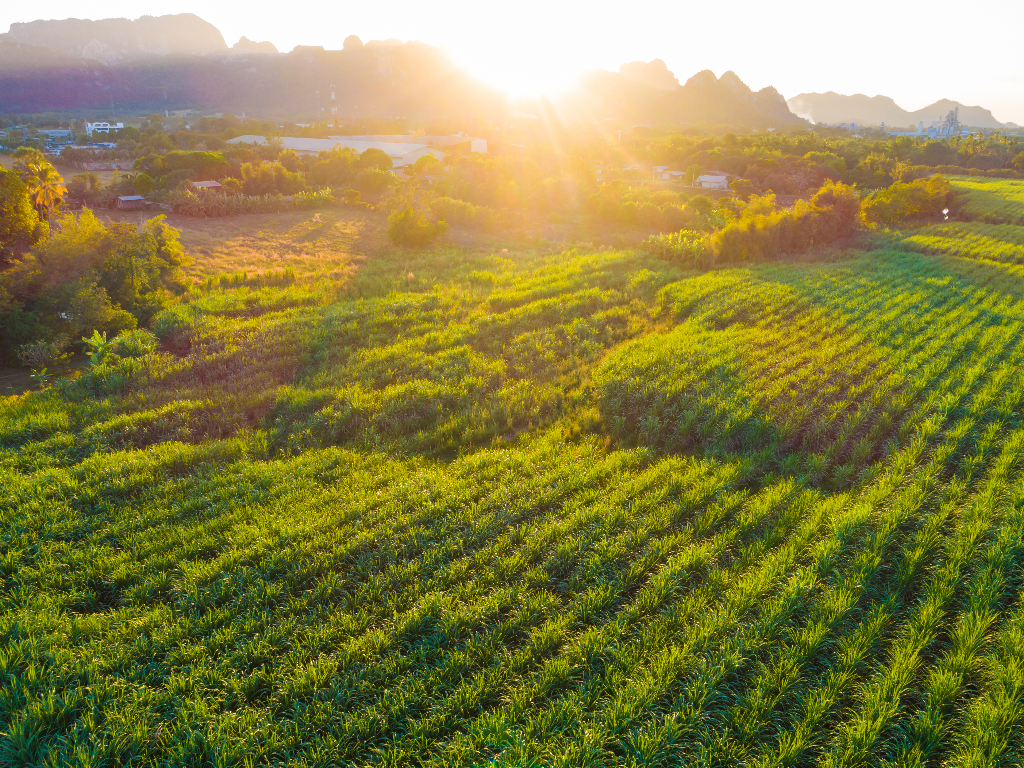The Kenyan sugar industry, a cornerstone of our agricultural sector, has long been a significant contributor to the economy. However, it has faced challenges ranging from low productivity and poor land management to fluctuating global sugar prices. As we navigate these challenges, implementing Good Agricultural Practices (GAP) can serve as a transformative solution, enhancing both productivity and sustainability. This op-ed aims to highlight the importance and benefits of GAP in revitalizing our sugar industry.
Understanding Good Agricultural Practices
Good Agricultural Practices encompass a range of practices aimed at ensuring safe and sustainable agricultural production. These practices cover all stages of farming, from soil preparation and planting to harvesting and post-harvest handling. GAP focuses on optimizing resource use, minimizing environmental impact, and ensuring the economic viability of farming operations.
Key Good Agricultural Practices for the Sugar Industry
-
Soil Health Management Healthy soil is the foundation of productive agriculture. Implementing practices such as crop rotation, organic manure application, and reduced tillage can improve soil fertility and structure. Regular soil testing and appropriate use of fertilizers can help maintain optimal nutrient levels, enhancing cane growth and yield.
-
Efficient Water Management Water is a critical resource in sugarcane cultivation. Techniques such as drip irrigation, rainwater harvesting, and scheduling irrigation based on crop needs can significantly reduce water wastage. Proper drainage systems are also essential to prevent waterlogging and soil erosion, ensuring healthy root development.
-
Integrated Pest Management (IPM) IPM involves using a combination of biological, cultural, and chemical methods to control pests. Regular monitoring of pest populations, using resistant cane varieties, and encouraging natural predators can reduce reliance on chemical pesticides. This not only protects the environment but also reduces production costs and the risk of pesticide resistance.
-
Use of Certified Seed Cane Planting certified seed cane ensures that farmers use high-quality, disease-free planting material. This practice can significantly improve germination rates, cane quality, and overall yield. The Kenya Agricultural and Livestock Research Organization (KALRO) - Sugar Research Institute offers certified seed cane that is known for early maturity and high sucrose content. Collaborating with such research institutions to access improved cane varieties can further enhance productivity and resilience to pests and diseases.
-
Sustainable Harvesting Practices Adopting sustainable harvesting practices, such as cutting cane at the right maturity stage and minimizing mechanical damage, ensures maximum sugar content and quality. Training workers on proper harvesting techniques can reduce losses and improve efficiency. Post-harvest handling, including timely transport to mills, is crucial to maintain cane freshness and sugar recovery rates.
Benefits of Good Agricultural Practices
-
Enhanced Productivity and Profitability Implementing GAP leads to higher yields and better-quality cane, translating to increased profitability for farmers. Efficient resource use and reduced input costs further enhance economic viability.
-
Environmental Sustainability GAP promotes environmentally friendly farming practices, reducing the negative impact on ecosystems. Improved soil health, efficient water use, and reduced chemical inputs contribute to long-term sustainability.
-
Improved Farmer Livelihoods Higher productivity and profitability improve the livelihoods of sugarcane farmers. GAP training and support can empower farmers with knowledge and skills, fostering a more resilient and informed farming community.
-
Strengthened Industry Competitiveness A robust sugar industry built on GAP principles can better compete in the global market. Consistent quality and sustainable practices enhance the reputation of Kenyan sugar, opening up new market opportunities.
The adoption of Good Agricultural Practices is not just a necessity but a strategic move to secure the future of the Kenyan sugar industry. By embracing GAP, we can address current challenges, boost productivity, and ensure environmental sustainability. It is imperative that stakeholders, including government bodies, research institutions, and the private sector, collaborate to promote and support the widespread implementation of these practices.
For farmers, adopting GAP means a commitment to continuous learning and improvement. For the industry, it signifies a step towards a sustainable and prosperous future. Let us embrace Good Agricultural Practices and pave the way for a resilient, competitive, and thriving Kenyan sugar industry.

